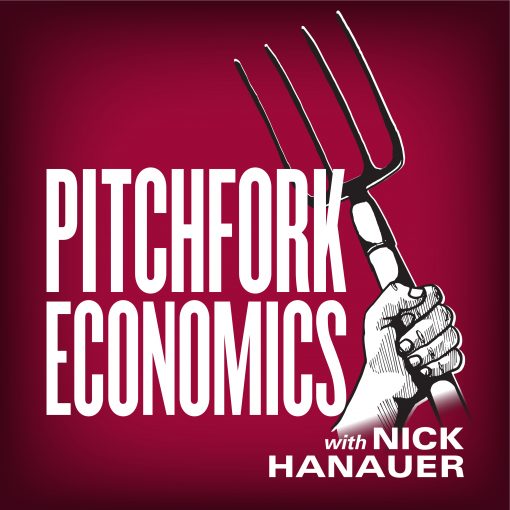Child care in the U.S. has been in crisis mode for a long time. It’s wildly expensive for families to afford, and difficult for providers to make ends meet. But now, in the age of COVID-19, even the future existence of child care in America is in doubt. Jessyn and Nick tackle the value of care work, the impossibility of finding affordable child care, and the importance of feminist economics with economist Kate Bahn.
Kate Bahn is the director of labor market policy and economist at the Washington Center for Equitable Growth. Her areas of research include gender, race, and ethnicity in the labor market, care work, and monopsonistic labor markets. Previously, she was an economist at the Center for American Progress. Bahn also serves as the executive vice president and secretary for the International Association for Feminist Economics.




